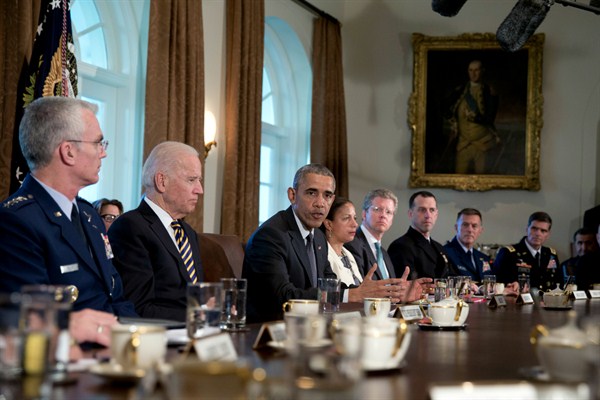There has been a distinct pattern to America’s time as a global power: Whenever the United States becomes involved in a conflict, it quickly draws lessons that set the trajectory for the next conflict or problem. American strategy truly is iterative, with the recent past paving the way for future action. This means that getting the lessons right, or at least as right as possible, is a vital part of strategy-making.
Throughout the 1970s and 1980s, for instance, the lessons of Vietnam haunted policymakers and framed public debate over America’s role in the world. This led the U.S. military to reject counterinsurgency and focus on preparing for short, morally unambiguous conventional wars against aggressor nations. The 1991 war with Iraq validated this approach. Then involvement in the Balkans taught American policymakers that allies still needed active U.S. involvement to deal with major security problems, and that a U.S. military optimized for short, conventional wars could adapt to missions like peacekeeping if ordered to do so. An important lesson was that the armed forces did not need special units for what was then called “operations other than war”—regular combat formations could figure out how to do it.
After the 9/11 terrorist attacks, America’s conflict with transnational Islamic extremism soon produced new, preliminary lessons. One was that destroying autocratic regimes in the Islamic world—the Taliban in Afghanistan, Saddam Hussein in Iraq, Moammar Gadhafi in Libya—without building stable and functioning states afterward may be worse than tolerating them, since it gives extremists operating space. A result of this has been the Obama administration’s hesitance to push out Syrian dictator Bashar al-Assad.

